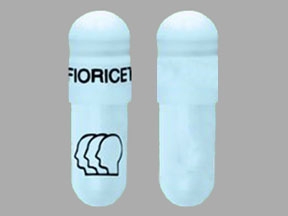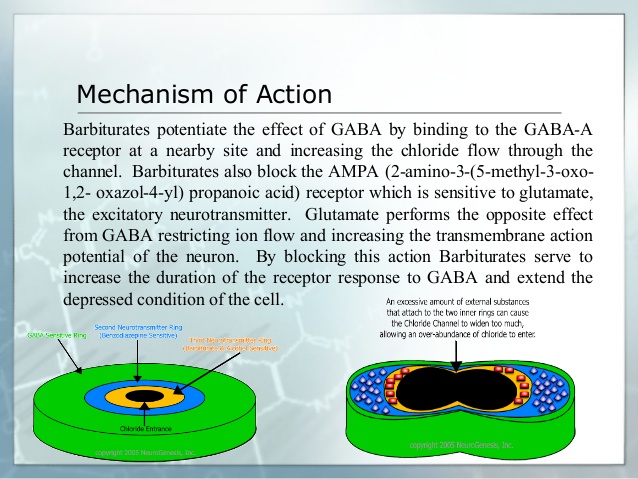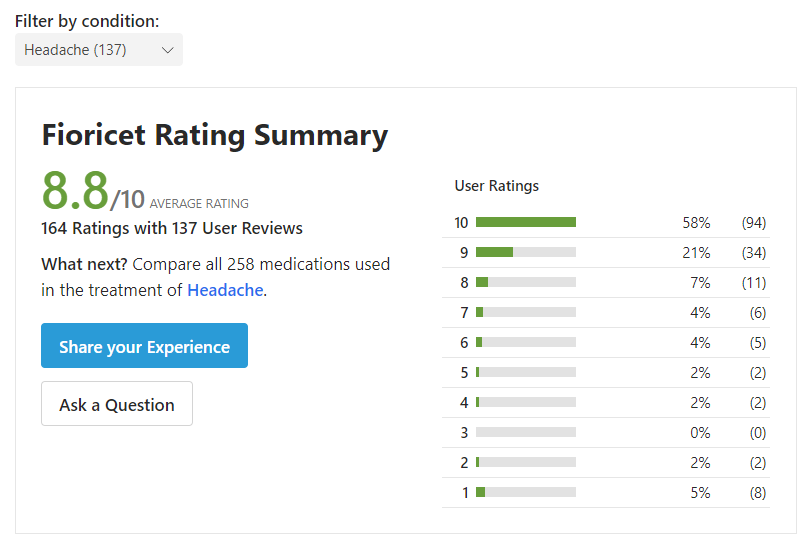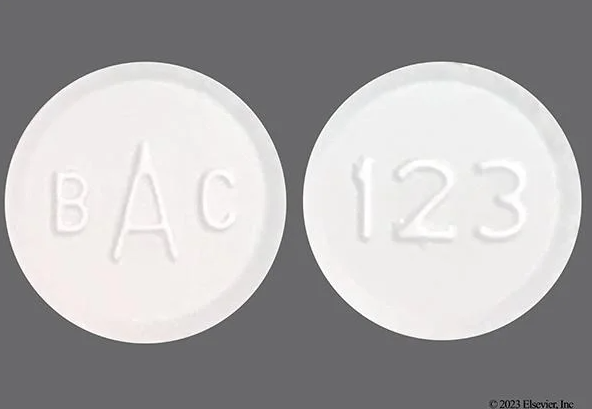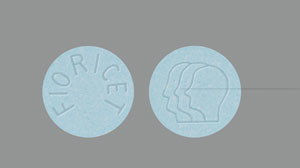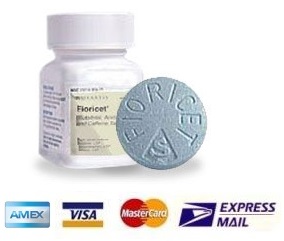Cheap Fioricet is definitely obtainable.
Before taking this medicine
Do not use Fioricet if you have taken an MAO inhibitor in the past 14 days. A dangerous drug interaction could occur. MAO inhibitors include isocarboxazid, linezolid, phenelzine, rasagiline, selegiline, and tranylcypromine.
You should not use Fioricet if you are allergic to it, if you have porphyria, or if you have recently used alcohol, sedatives, tranquilizers, or other opioids.
To make sure Fioricet is safe for you, tell your doctor if you have ever had:
-
- liver disease, cirrhosis, a history of alcoholism or drug addiction, or if you drink more than 3 alcoholic beverages per day;
- kidney disease;
- stomach ulcer or bleeding;
- a history of skin rash caused by any medication; or
- a history of mental illness or suicidal thoughts.
Buy Cheap FIoricet Online

It is not known whether Fioricet will harm an unborn baby. If you use butalbital while you are pregnant, your baby could become dependent on the drug. This can cause life-threatening withdrawal symptoms in the baby after it is born. Babies born dependent on habit-forming medicine may need medical treatment for several weeks. Tell your doctor if you are pregnant or plan to become pregnant.
This powerful and well-known anti-headache medication is used simply by enough people that there is substantial demand. This means that many patients share their experience online in some or a lot of online health or drug forum.
Fioricet is a combination medication that is used to treat complex tension headaches when other medications have not been effective.
Fioricet is a combination medication used to treat migraines or severe headaches. Learn the uses, effects and how to use Fioricet safely.
- Fioricet (butalbital / acetaminophen / caffeine) works better and faster in treating tension headaches than the combination of acetaminophen and codeine.
- Fioricet (butalbital / acetaminophen / caffeine) has a cheaper, generic version.
- Fioricet (butalbital / acetaminophen / caffeine) does not require dosage adjustments if you have kidney and liver problems.
What is Fioricet?
Fioricet is the brand name multi-ingredient medication that’s used to treat some types of headaches. It’s also available in generic form.
Fioricet contains:
- butalbital 50mg
- acetaminophen 300mg
- caffeine 40mg
It’s FDA-approved to treat symptoms of a common type of headache known as tension headache but is also prescribed off-label for migraine.
Butalbital APAP Caffeine is used to treat tension headaches. Acetaminophen helps to decrease the pain from the headache. Caffeine helps increase the effects of acetaminophen. Butalbital is a sedative that helps to decrease anxiety and cause sleepiness and relaxation.
Butalbital APAP Caffeine has following side effects: Bloated or “gassy” feeling, dizziness or lightheadedness (mild), drowsiness (mild), nausea, vomiting, or stomach pain (occurring without other symptoms of overdose), Bleeding or crusting sores on lips, chest pain, fever with or without chills, hive-like swellings (large) on eyelids, face, lips, and/or tongue, muscle cramps or pain
Butalbital APAP Caffeine can not be taken for a long time, your body may get used to it so that larger amounts are needed to produce the same effects. This is called tolerance to the medicine. Also, butalbital may become habit-forming (causing mental or physical dependence) when it is used for a long time or in large doses. Physical dependence may lead to withdrawal side effects when you stop taking the medicine. In patients who get headaches, the first symptom of withdrawal may be new (rebound) headaches.
Gabapentin Neurontin is a good medicine for Migraine Prevention.
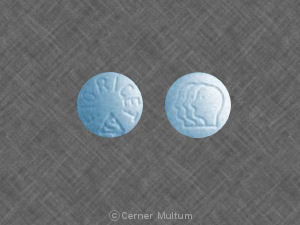
Most often, you can buy cheap authentic Fioricet online more easily than you can find it at brick and mortar medical stores. This has made many individuals eager to embrace buying their own medication in this way, as they’re able to save money and time by using the Internet to make their purchase. There is no real reason to worry about the safety of buying on the internet because US laws ask the us licensed pharmacies list the doctor’s name on the bottle that delivered to you. You can find the doctor in us doctor book.
You can buy inexpensive Fioricet online because the medical stores that stock it can have a large supply. There are sufficient customers for this medication that it can be sold in large amounts, which means that you don’t have to put up with the high prices sometimes charged simply by local pharmacies.
The online medical stores have the same obligations as do your local pharmacies where safeguarding patient privacy is concerned. There is no reason to worry about sharing your own medical information or background with these businesses, and there is no reason to worry about sending your own payment information online when you’re dealing with a reputable establishment.
Cheap Fioricet that you purchase online is the exact same medication you’d get at any other pharmacy. There is no difference in the formulation of the drug plus there is no difference in the doses available.
The process of ordering the particular Fioricet medication is also exactly the same as would be the case at a local pharmacy. Your doctor transmits in your prescription to the on the internet pharmacy and they fill your own order. Your order is shipped and you’ll have to be present to indication for the medication to make sure that it can getting to the right person.
If you decide to buy inexpensive Fioricet online, make sure that if you’re going through a legitimate online pharmacy. One of the best ways to check is to look at their privacy policy and to make sure that they use encrypted machines for transmitting information.
This doesnot store your information health condition information online. We only forward your information to the pharmacies that dispatch you medicines. We only keep your emails and which websites you are ordering from.
Please tell us your correct email and phone number because the doctors may call you to discuss your health conditions. You must complete your health conditions honestly because a lot of health conditions may stop you take fioricet, gabapentin.
